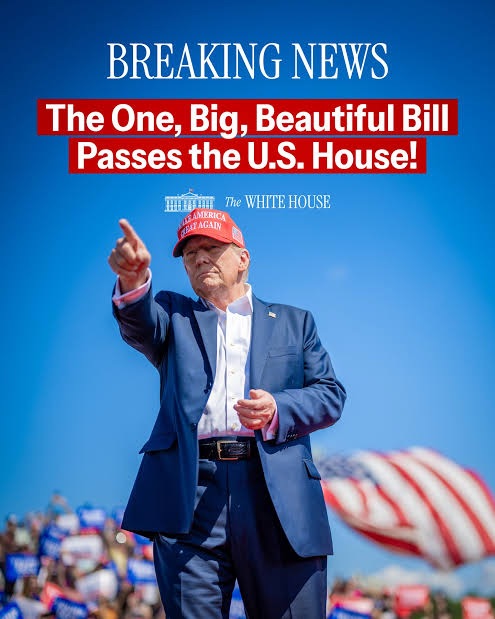WASHIGNTON (ECHOSPHERE) — The current government shutdown continues to disrupt normal functions as both parties remain entrenched in their positions. With Republicans and Democrats unwilling to compromise, a resolution seems far from reachable as the clock ticks.
Senate leaders were called back to the Capitol for yet another vote on funding with no apparent progress after three days of the shutdown. As tensions rise, Republicans are seeking to wear out their opponents with repetitive votes on a temporary funding bill, while Democrats remain firm on their demand to expand health care benefits.
Senate Majority Leader John Thune noted, “There won't be any movement unless there is a significant shift among the Senators to end the stalemate.” This sentiment is echoed throughout the Capitol as discussions remain largely one-sided.
Despite the majority control over the White House and Congress, the obstacles posed by the Senate's 60-vote requirement means Democrats can leverage their influence, primarily focusing on health care policies that are crucial for their voter base.
As Democrats continue to fight for the extension of tax credits for health care plans under the Affordable Care Act, Republican leaders argue against the subsidies. At a recent Capitol step address, House Democratic leader Hakeem Jeffries stated, “Over 20 million Americans will face higher health care costs due to the GOP's refusal to act.”
The present standoff has far-reaching implications, with estimates suggesting that up to 750,000 federal employees may be furloughed, resulting in substantial wage losses that can impact spending and economic activity.
With the stakes so high, both parties are bracing for an extended battle over who will bear the blame for the shutdown. Past experiences suggest a shared burden, but the current dynamics might shift accountability squarely onto the negotiating table as public sentiment weighs in.
Meanwhile, multiple senators are discussing a potential bipartisan approach, suggesting a temporary fix to the ACA tax credits while the government reopens. However, leadership involvement remains minimal, indicating that substantive negotiations are unlikely in the immediate future.
As the weekend approaches, Thune has indicated that if the upcoming vote fails, another attempt will be made after the break, keeping the door open for negotiation even as dissatisfaction mounts.




















